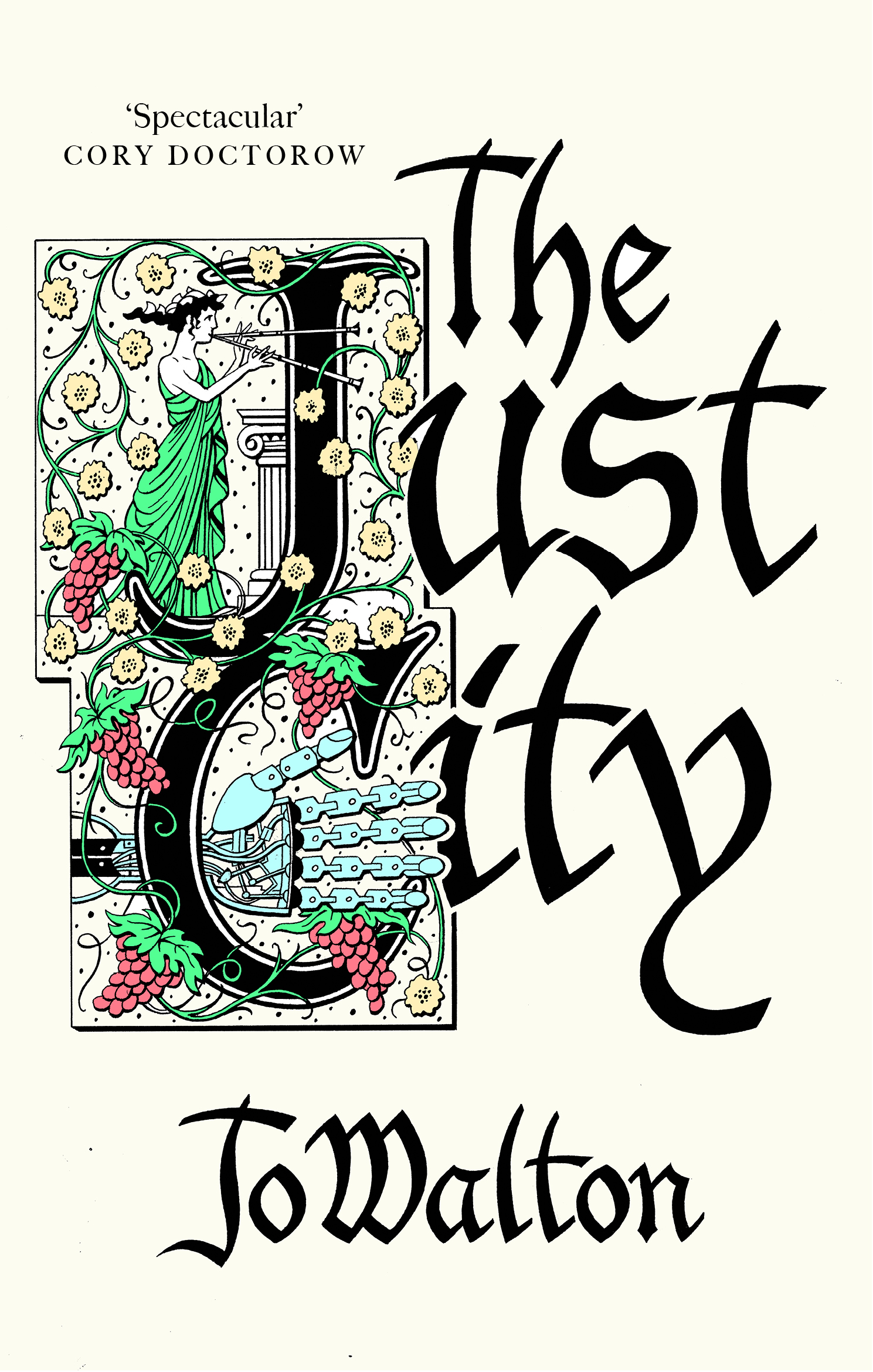Darkhawk asked me why the religions in my novel would be always not quite coping.
There’s a Bob Dylan song on the album Desire called “Black Diamond Bay” which begins:
Up on the white verandah,
she wears a necktie and a panama hat.
Her passport shows a face from
another time and place:
she looks nothing like that.
And all of the remnants of her reasoned past are
scattered on the wild wind.
It then goes on to be a song about a hotel in the last little while before a disaster, and how people connect to things in odd ways. (Oh, I’ve only heard that lyric, not seen it written down, if, by any chance, I have any of it wrong, please do not tell me. Thank you.)
A while ago, about ten years ago now, probably, when I was doing the research for GURPS Celtic Myth I had a dream in which I was that woman, and on that verandah. I was talking to the hotel’s janitor, who had a broom and was sweeping, and who turned out to be Lugh of the Long Hand. He told me that it was unusual for me to stay there long enough for him to talk to, these days people were going through there at such a speed, the wind I felt was souls whizzing through, none of them sufficient of an archetype to last as long as a leaf in autumn snagging on bark, and all of them leaving thin used up clear casings, (like empty plastic gloves, or very thin condoms) which he needed to sweep away. It used to be that there weren’t so many people or they weren’t in such a hurry, and they would go through that place, which wasn’t always a hotel, and most of them would go on and those who were strongest in themselves would stay and clot, and all those whose stories and natures were close to each other would become the same.
I know that this is a metaphor for the soup of story and all of that, and it also owes something to the forest in Michael Scott Rohan’s The Forge in the Forest, but in my dream the difference was that the archetypes were the gods, the real gods, and the place was the place between dying and birth, and a place where people went through to get to their dreams, an antechamber of all dreams, and a place in the Otherworld.
It used to be, Lugh told me, that almost everyone, in their dreams, would join up with some archetype, and many of them, after they died, would do the same, and the gods were strong. But now people were just blowing through so fast, Lugh said, leaning on his broom, and (and at this point, the metre of the dream did the thing where in the music of the song it goes up on “all of remnants of the reasoned past”) did I know that the hat would be all that was left of me?
Whereupon I woke up, and would you believe I didn’t have the hat?
So “up on the white verandah” is short-hand for the dream, and for the idea of archetypal gods existing in a place it is possible to walk to from here but with different laws of reality and where those with the strongest personalities become gods and the rest wear away like a sweet that has been sucked too long.
As you can see, in a world where you could walk to where they live if you set out in the right direction, and where the gods were like that, and took an occasional interest, being an organised hierarchical religion would always be fraught in some directions.



